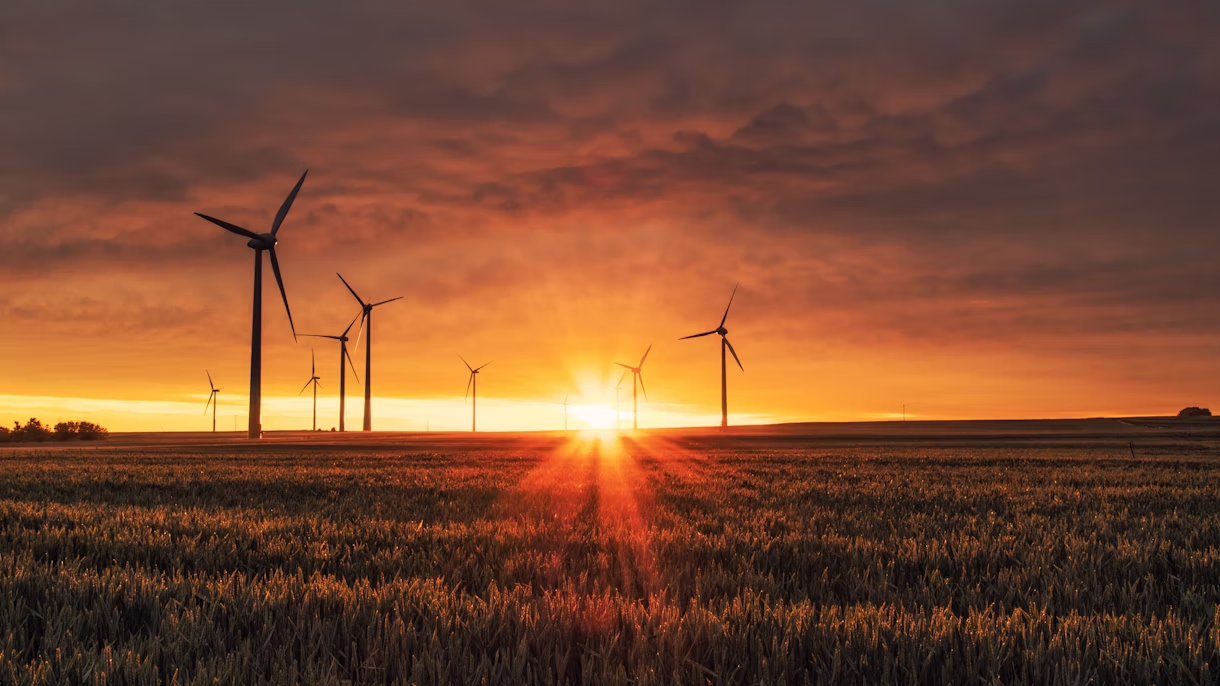Fossil Fuel Vulnerabilities Exposed by Middle East Tensions
Recent escalations between Israel and Iran have reignited concerns about the stability of global energy supplies. In retaliation for attacks on its nuclear infrastructure, Iran threatened to close the Strait of Hormuz—a crucial chokepoint through which an estimated 20% of global LNG and 27% of crude oil flows. A shutdown there could cause rapid increases in fossil fuel prices and widespread supply disruptions.
What Is Energy Security and Why It Matters
Energy security means reliable access to affordable energy, as defined by the International Energy Agency. Energy underpins all aspects of modern life—manufacturing, transport, communications, health care, and agriculture. Any supply interruption can paralyze industries, hamper critical services, and even hinder military readiness.
Can Renewables Provide Greater Stability?
A recent study from Ember highlights that 79% of the global population live in oil-importing countries, with 62% sourcing all their oil externally. Nations like Spain, South Korea, Germany, Turkey, and India depend on imports for over 80% of their energy needs.
In contrast, renewables offer domestic generation or can be sourced regionally, reducing exposure to volatile markets and geopolitical blockades. A diverse energy mix is essential for resilience: “the more local energy sources we have, the better,” says Fatih Birol, head of the IEA.
Europe’s Renewable Pivot as a Model
European Commission President Ursula von der Leyen pointed out that Europe increased its share of locally generated renewables to 47% of its energy mix following Russia’s invasion of Ukraine. The shift aimed to reduce dependence on external suppliers and enhance energy independence amid volatile markets.
Renewable Transition Challenges and Solutions
April’s blackout in Spain and Portugal raised concerns about grid stability amid high renewable penetration. However, officials clarified it resulted from planning and technical failures—not renewable supply issues. Modern solutions—such as grid upgrades and energy storage systems—are addressing intermittency concerns. The IMF notes that infrastructure investments and battery deployment are making grids more robust and flexible.
New Dependencies: Minerals and Metals
Transitioning to renewables increases demand for minerals—like nickel, cobalt, and lithium—used in batteries and solar panels. While this introduces new supply dependencies, experts say the stakes are different: these materials are needed only for system expansion, not continual energy production.
Still, mining practices have raised environmental concerns. Stricter waste management, regulatory oversight, and cleaner extraction technologies are essential to mitigate impacts.
Balancing the Future of Energy Security
In short, renewable energy holds promise for improving energy security during geopolitical turmoil. But their reliability depends on robust infrastructure, storage capacity, and responsible mineral sourcing.
Transitioning to a clean energy system isn’t without challenges, yet it may ultimately reduce risks—shifting reliance from volatile fossil fuel markets to more stable, locally controlled power sources.







